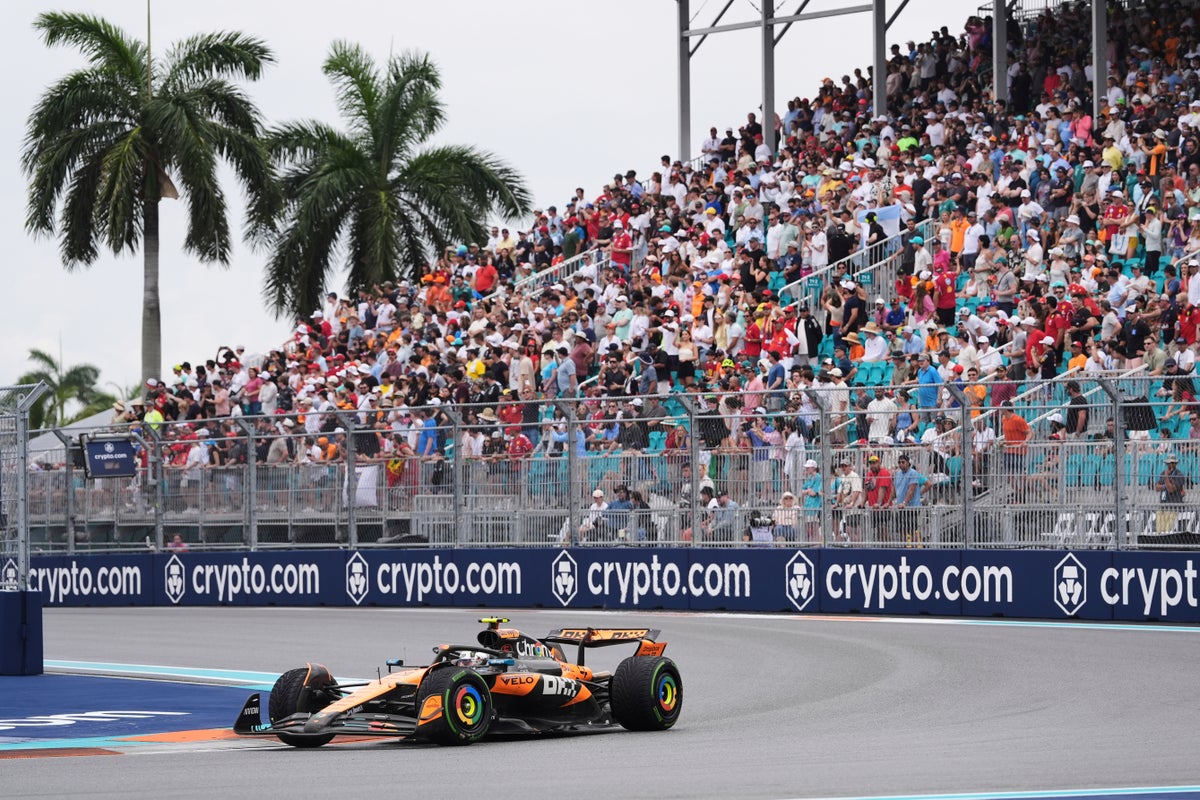A New Era for Formula One: Return to V8 Engines?
Formula One, the pinnacle of motorsport, is on the brink of a potential transformation. FIA president Mohammed Ben Sulayem has proposed that the sport could revert to V8 or V10 engines as early as 2029, with a focus on using fully sustainable fuel. This suggestion marks a significant shift from the current 1.6-litre V6 engines that have dominated the sport in recent years.
Why Consider a Return to V8 or V10 Engines?
Ben Sulayem’s proposal comes amid growing concerns about the high costs and complexity involved in developing and maintaining the current V6 units. By returning to larger engine configurations, the sport could potentially reduce these financial burdens. The move would also bring several other benefits:
- Commercial Advantages: Larger engines may offer better commercial opportunities, including more appealing partnerships and sponsorships.
- Weight Benefits: V8 and V10 engines are generally lighter than their V6 counterparts, which could lead to improved performance and handling.
- Fan Appeal: The distinctive sound of V8 and V10 engines is often considered more exciting and engaging for fans, enhancing the overall spectator experience.
Expanding the Grid: More Cars, Not More Races
In addition to the engine debate, Ben Sulayem has emphasized the importance of expanding the grid. He believes that increasing the number of cars on the track is more beneficial than simply adding more races. This approach could help maintain the competitive balance and ensure that the sport remains accessible to new teams.
A 12th slot on the grid is currently under consideration, which could be filled by a new team. Potential candidates include a possible Chinese entry, which would need to demonstrate genuine value and contribute positively to the sport’s sustainability goals. This aligns with the recent decision of General Motors’ Cadillac brand to join as the 11th team next season.
Sustainability and Innovation
The proposed return to V8 or V10 engines is not just about nostalgia or performance; it also ties into the broader conversation around sustainability. By utilising fully sustainable fuel, Formula One can continue to position itself as a leader in green technology and environmental responsibility. This initiative could set a precedent for other motorsports and industries to follow.
Looking Ahead
As Formula One continues to evolve, the decisions made by the FIA will play a crucial role in shaping the future of the sport. Whether the return to V8 or V10 engines becomes a reality remains to be seen, but the discussion highlights the ongoing efforts to balance tradition, innovation, and sustainability.
With a focus on reducing costs, enhancing fan engagement, and promoting environmental responsibility, the sport is poised for a new chapter. The coming years will be critical in determining how Formula One adapts to the challenges and opportunities of the modern era.






